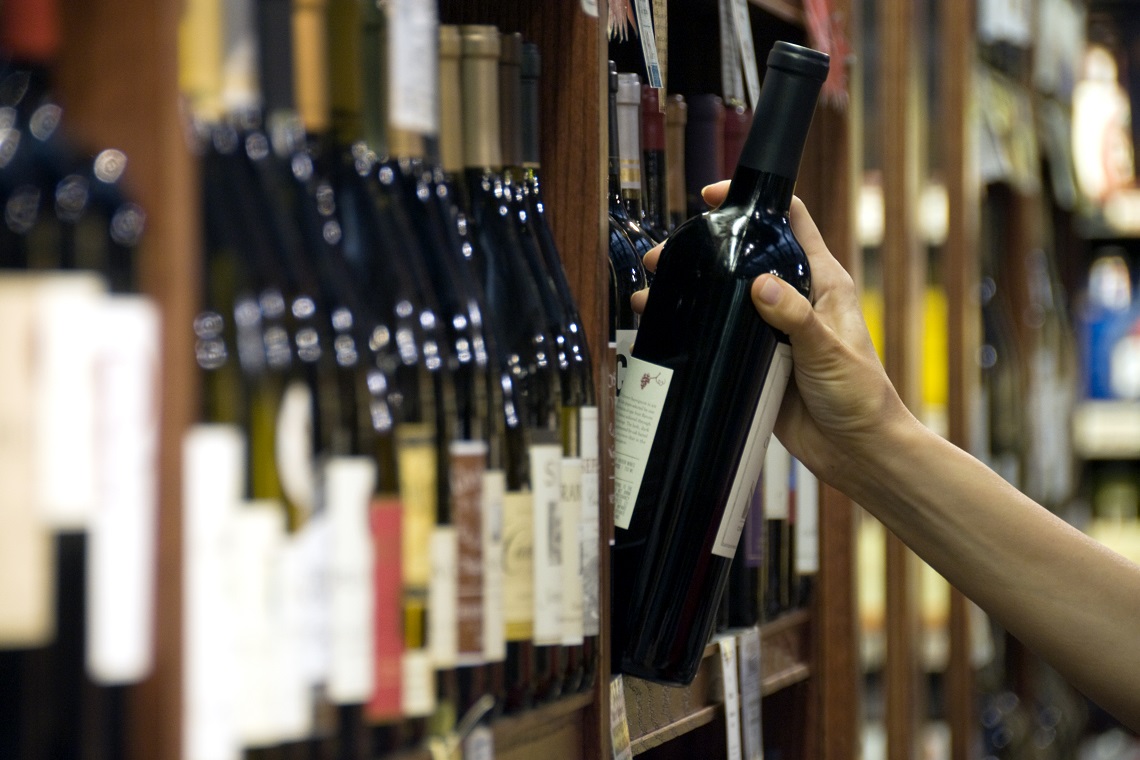The WA Government has this week announced plans to strengthen the state’s Banned Drinkers Register (BDR), and extend its current trial in the Pilbara, Kimberley and Goldfields regions.
The BDR was first launched in WA in the Pilbara in 2020 and is a targeted approach to reduce alcohol-related harm by restricting problem drinkers from accessing takeaway alcohol. In the current trial regions, anyone buying takeaway alcohol must have their ID scanned against the BDR at the point of sale, with the scanner notifying staff if the customer is on the register.
During the trial period, the University of Western Australia (UWA) was tasked with producing an interim report on the effectiveness of the BDR, which has identified potential improvements to the scheme. The WA Government has reacted to the recommendations in this report with proposed new legislation.
Consultation will now begin on the new proposals, which include expanding pathways for problem drinkers to be put on the register, with more options for police and courts. For example, police would have the ability to apply to have someone placed on the BDR for alcohol-related offences outside licensed premises, including drink driving or alcohol related violence. Courts or police could also stipulate being on the BDR as part of bail or parole conditions.
This is tipped to be a significant driver of positive change, as according to a report by 7News Regional WA, just 174 people are on the BDR collectively across the state.
Other proposed changes include making the BDR mandatory for all licensed takeaway alcohol premises (in areas where the BDR operates); making it an offence to knowingly supply liquor to a person who is on the BDR; giving police powers to seize or dispose of liquor if in the possession of a person on the BDR due to a Barring Notice or Prohibition Order; and requiring online liquor retailers to check the BDR before completing a sale. There will also be consultation on the expansion of the BDR trial into new regions.
Racing and Gaming Minister, Tony Buti, said these changes have been developed based on common feedback the Government has received on how to optimise the BDR to function as intended.
“Drink driving and violent offences are big contributors to alcohol-related harm – this consultation is about creating avenues for people convicted of these offences to be put on the BDR. It will also look at providing another sentencing tool for magistrates in dealing with problem drinkers that frequent our courtrooms,” Minister Buti said.
“Minimising the harmful impacts of alcohol consumption to individuals, families and whole communities is an ongoing priority for the McGowan Government. How we do that, taking into consideration the state’s vastness and diversity, presents us with unique policy development challenges, and this makes consultation vital.
“WA Police, local governments and liquor outlets have done a fantastic job with the trial so far. I look forward to working with them on the next stage of the trial.”
Industry reaction
The liquor industry in WA has long been in support of the BDR and has helped drive the trial’s launch and development in the state. Industry associations have welcomed the proposed changes and the consultation period, which will happen over the next four weeks.
Retail Drinks CEO, Michael Waters, praised the Government for this collaborative approach towards ensuring the state’s BDR operates as a “robust, fit-for-purpose system that reduces alcohol-related harm in WA communities.”
“Retail Drinks will comment on the specific details of the BDR reforms during the consultation period, noting our in-principle support of a targeted approach to harm minimisation policy, rather than all-of-population measures,” he added.
Peter Peck, CEO of the Liquor Stores Association of WA (LSA WA), also welcomed the announcement and said the proposed reforms will help the BDR take hold of its potential to be a game changer for addressing alcohol-related harm.
“These proposals will give the BDR more teeth, I am confident of that. We’ve had the initial trial, now the evaluation report is out we can focus on areas where we need to improve the BDR,” he said.
“I have no doubt making the BDR compulsory for licensees, giving police more agility and the courts more scope to place problem drinkers on the BDR will lead to a reduction in alcohol related harm and crime.
“Importantly the proposals should lead to a fall on the reliance of imposing blanket liquor restrictions as the first port of call, which always impact on our small family-owned member stores.”
Bradley Woods, CEO of the Australian Hotels Association of WA, agreed that the trials of the BDR have shown promise in the scheme, so it was encouraging to see that the Government was demonstrating its commitment to strengthening this potential.
“The success of the BDR relies almost entirely on the register being adequately populated. The Pilbara Interim Evaluation Report identified the lack of people on the register as a shortcoming of the BDR to date,” Woods said.
“We strongly support providing the judiciary and WA Police with the tools they require to ensure those with a known history of alcohol-related offenses are added to the register quickly and easily.
“We also back provisions that provide better support services to those on the register, as well as empowering front line service providers to identify individuals who are likely suitable candidates to be added to the BDR. Identifying and securing improvements to the BDR is ultimately a far better policy approach than blanket alcohol restrictions on all law-abiding citizens.”
The consultation period for the proposed legislation was opened as of 29 September for four weeks. To find out how to have your say, head to the DLGSC website.

